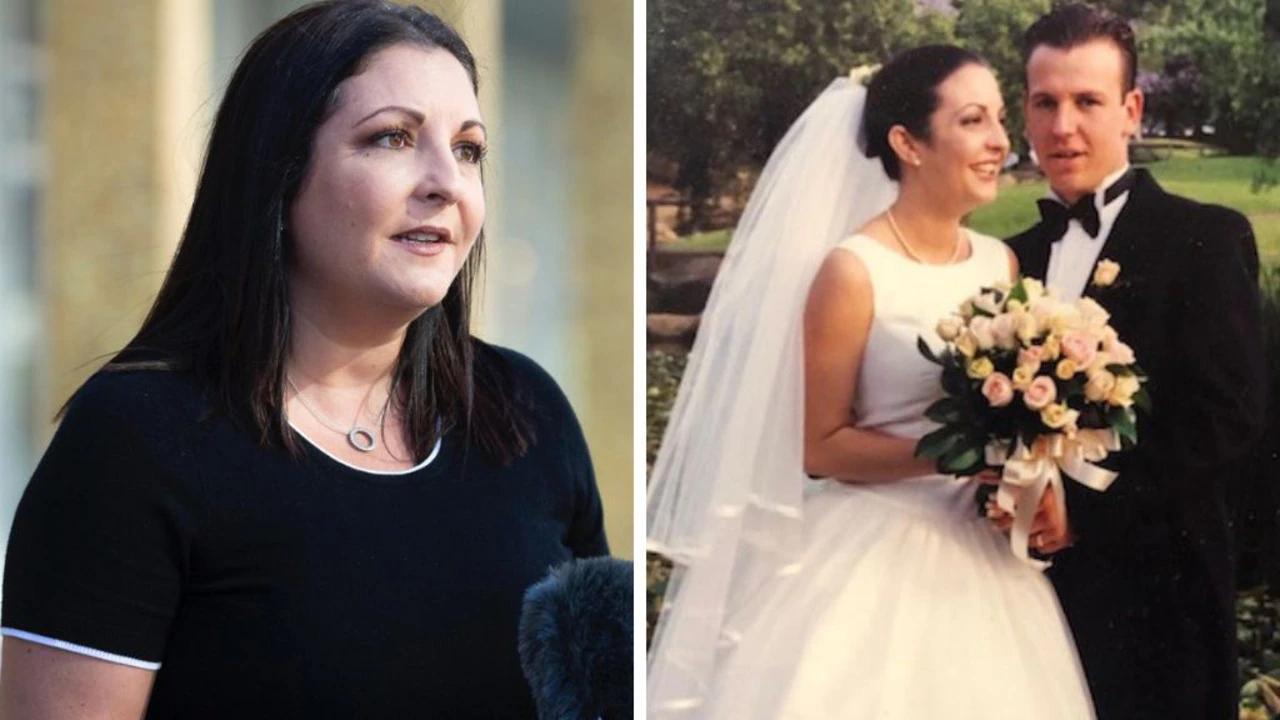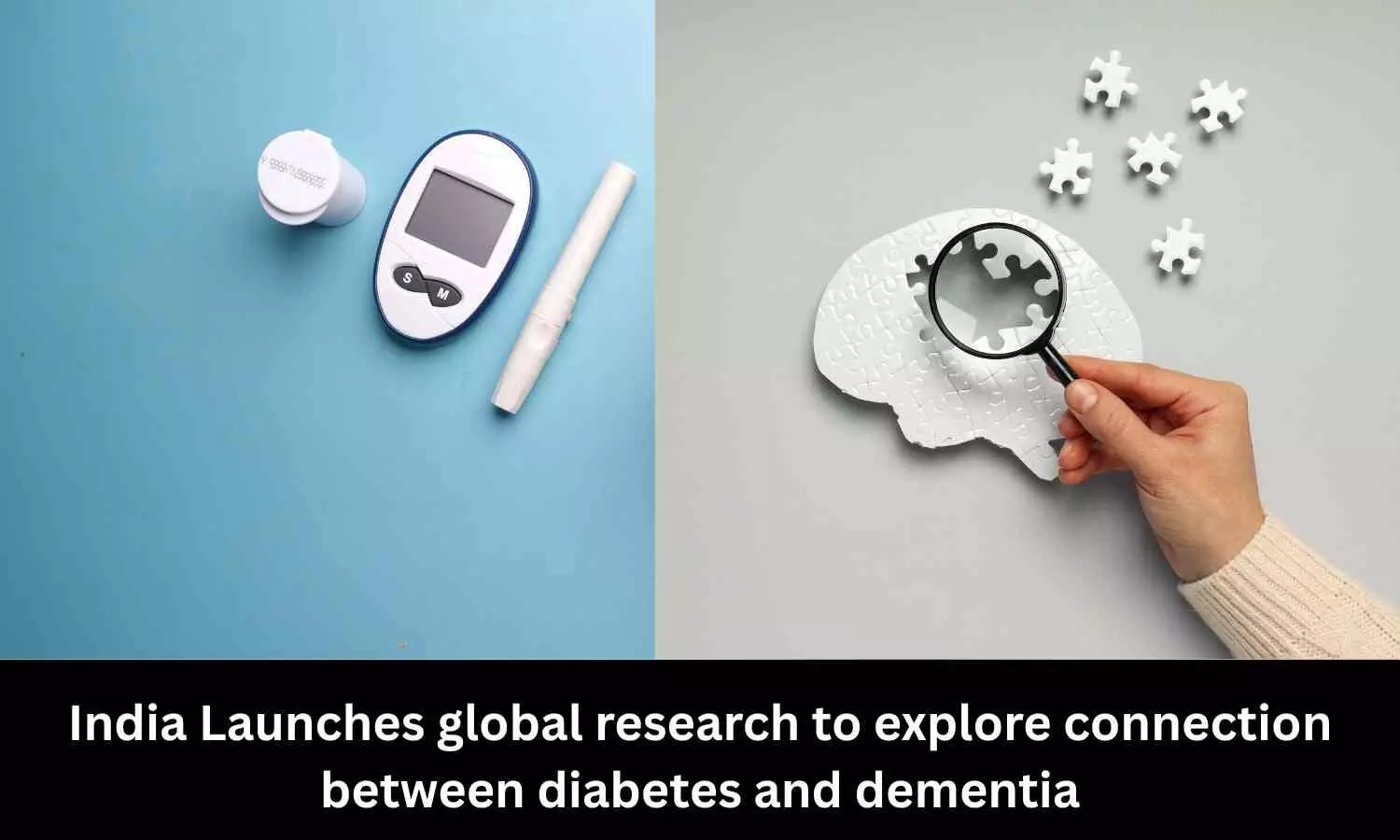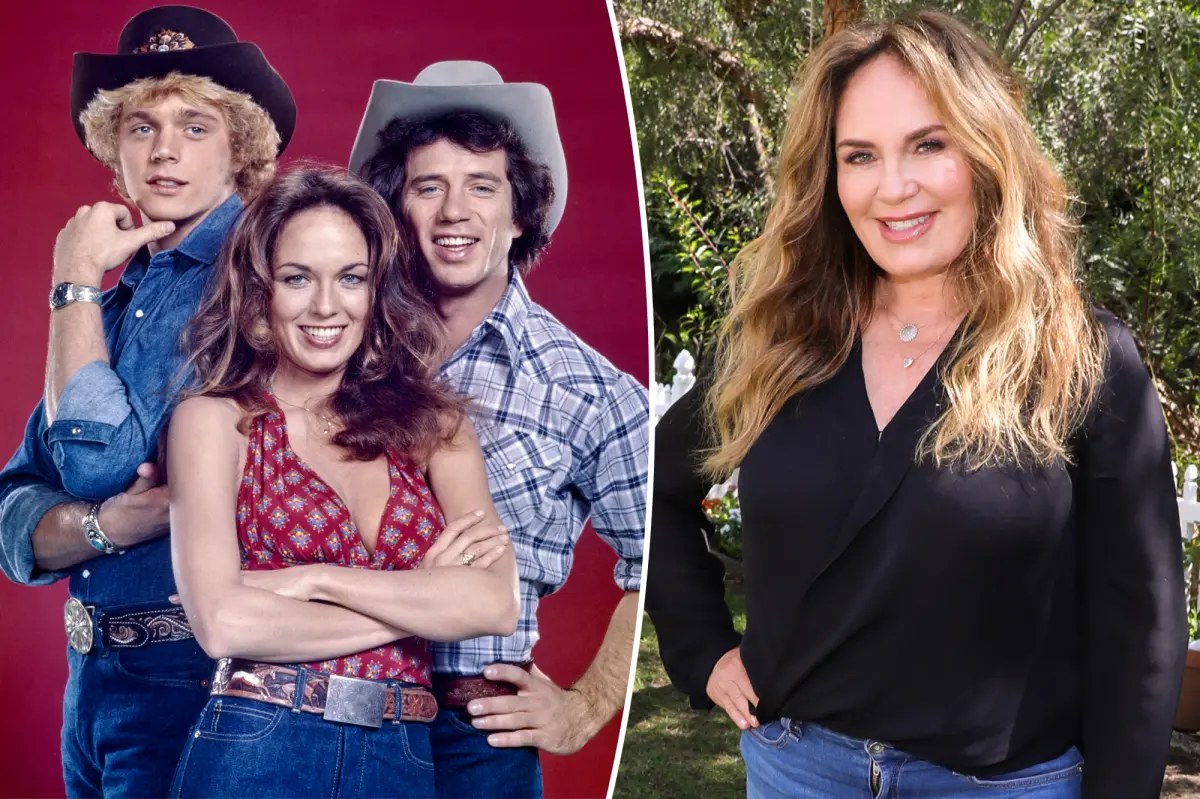Copyright news

Kate Seselja, 46, lives in Sydney, and when she discovered poker machines at 18, she never imagined a simple trip to the pokies would turn into an uncontrollable habit. Ms Seselja said she’d never been particularly fascinated by gambling growing up, but once she turned 18 and started going out at night, poker machines were impossible to escape. “I was like any normal 18-year-old growing up in Sydney, you go socially and every single space I went to had poker machines,” she told news.com.au. “My boyfriend introduced them to me and I pressed the buttons a few times and I won a large amount of money. “It absolutely overwhelmed my senses.” Ms Seselja said that the initial thrill of winning made her “heart pound” and gave her a burst of adrenaline, becoming a high she was constantly chasing. “It really escalated quite quickly because of the access,” she said. “If I let the house, even if I’m just thinking I’m going to catch up with mates or just go clubbing, the (poker machines) were there.” Easy access was a huge factor in forming her addiction because as soon as you walk into so many venues, you don’t just see them, but you can also hear them. “I was being driven,” she said. “I didn’t understand what I was being driven by, but it is all science. The random rewards, you never know when it is going to come and that creates this reaction in your body.” Ms Seselja very quickly found she hadn’t developed a relationship with gambling, but a problem with gambling. She is very much not alone in her struggle; Australia has a huge problem with gambling on our hands. The Australian Institute of Family Studies reported in 2023 that 73 per cent of Australian adults gambled at least once in the past 12 months and almost 38 per cent gamble weekly. Among those who gambled, a staggering 46 per cent were classified as being at risk of gambling harm. Most Aussies also expressed concern about the availability of gambling. Seventy-seven per cent claimed there are too many opportunities to gamble and 68 per cent agreed it is dangerous for family life. Gambling quickly went from something fun she’d do on a night out to an addiction, but at the time, – she didn’t even know you could be addicted to gambling. “I don’t think I ever put a label on. I guess I understood if you used drugs you could get addicted, but I did not realise you could get addicted to a machine, but it has the same impact,” she said. “It is electronic heroin.” When Ms Seselja got her first job working in the city at an accountancy firm that was when the addiction became more consuming. “I started noticing on my route to work how many venues had poker machines,” she explained. “It’s like when you buy a red car, and suddenly you see a red car everywhere. You become hyper-aware of the locations and where they are.” The truth about gambling is that you never end up financially ahead and Ms Seselja quickly got stuck in a maddening cycle of losing, She’s gamble and lose and then be desperate to win back what she’d lost and gamble more but she kept losing. Even if she won, she’d gamble that money and then ended up leaving the night at a loss, or even if she won on a particular day, the next time she played, she’d lose it all again. Any type of financial win was only temporary and just fed the addiction and the false hope that she’d keep winning. “I started losing within the first couple of engagements, I think that first day was the only day that I ever walked out ahead and had that win or hit the jackpot,” she said. Ms Seselja argued that the machines are designed to get their hooks into people and keep them stuck in a cycle of believing they’ll hit a jackpot. From there gambling became a constant battle in her life, even after she married and became a mum, it was always an issue bubbling below the surface. It impacted her life in cycles, and she was constantly “trying to stay in control” but she’d always end up back playing the poker machines. It left her feeling ashamed and when she tried to seek help numerous times, she often felt dismissed or belittled. She said one counsellor told her, “Just don’t wear shoes because then you won’t be able to get into a venue,” and she felt so alone. “I felt like I was the only women experiencing gambling harm,” she said. “I felt like I was being betrayed by my mind and body. I could not understand what was happening to me because no one had ever explained to me that this is an addiction by design.” By 2012, her gambling addiction was at its worst. She had $80,000 worth of credit card debt, had withdrawn “hundreds of thousands out of our home loan and mortgage”, and she was in an incredibly dark place. “I’d get paid and then it’d be gone within an hour on payday,” she said. Ms Seselja said that despite it was clear she was struggling with addiction the banks kept offering her extra credit. “During that time I was experiencing gambling harm, banks were sending me credit cards in the mail,” she said. She claims it is proof that the system is working against people struggling with gambling addiction. Tragically, at some point in 2012, her mental health spiralled to the point where it was clear she needed urgent help. Thankfully her husband stepped in and took her to a new counsellor to get the help she desperately needed. “I’d lost all hope that there was any help available after 12 years of trying,” she said. “I was pretty destroyed at this point but the counsellor helped me connect to the truth of who I was and helped me not stay trapped in shame.” Since she got the help she desperately needed, she’s spent the last decade working as a recovery coach and has founded The Hope Project to raise awareness about gambling and help others. Ms Seselja said the common theme she’s found with gambling addicts is that they blame themselves, but it isn’t their fault. “The shame belongs on the industry that creates products that harm humans,” she said. The Sydney mum has rebuilt her life and now dedicates it to giving back, but she’ll never fully recover financially from the money she lost. She’s had to learn to let that go along with the shame and what she focuses on is her wellbeing and her family. “I didn’t focus one more second on chasing money that became irrelevant to me,” she said. “If you focus on what you’ve lost, you will always be looking backwards.”



